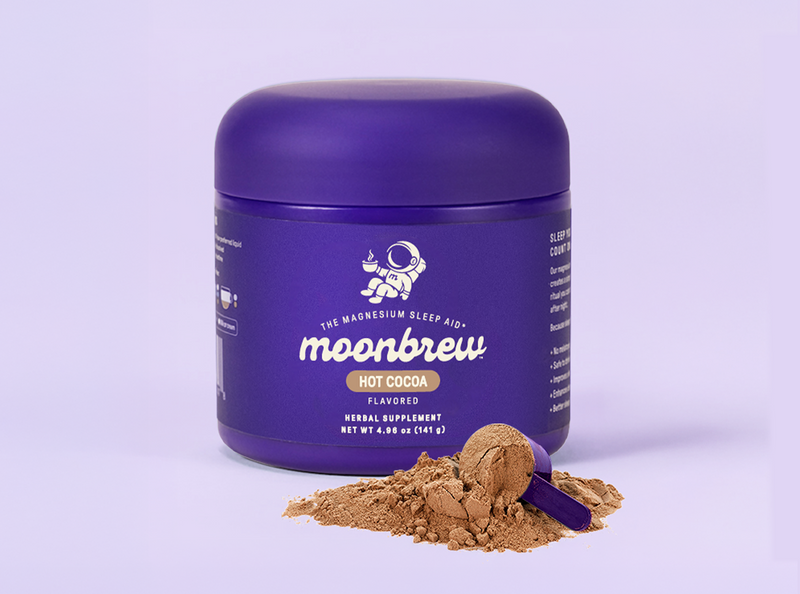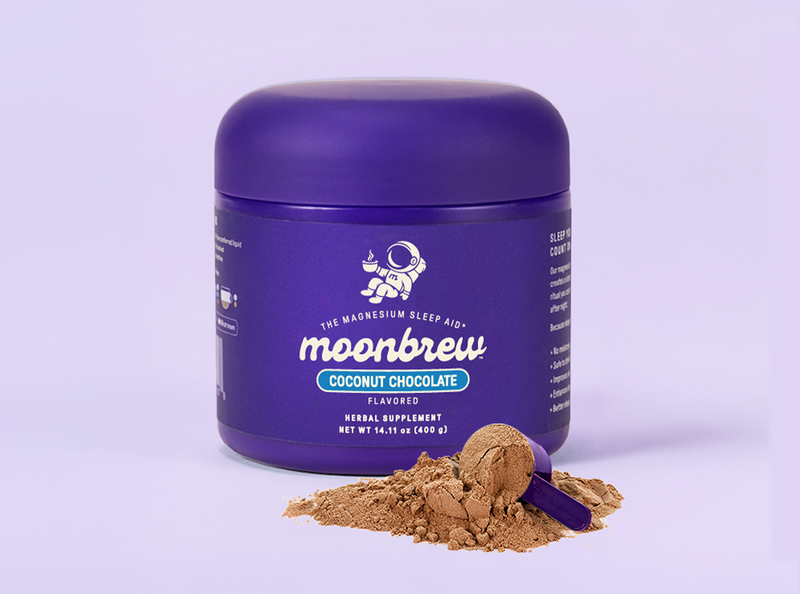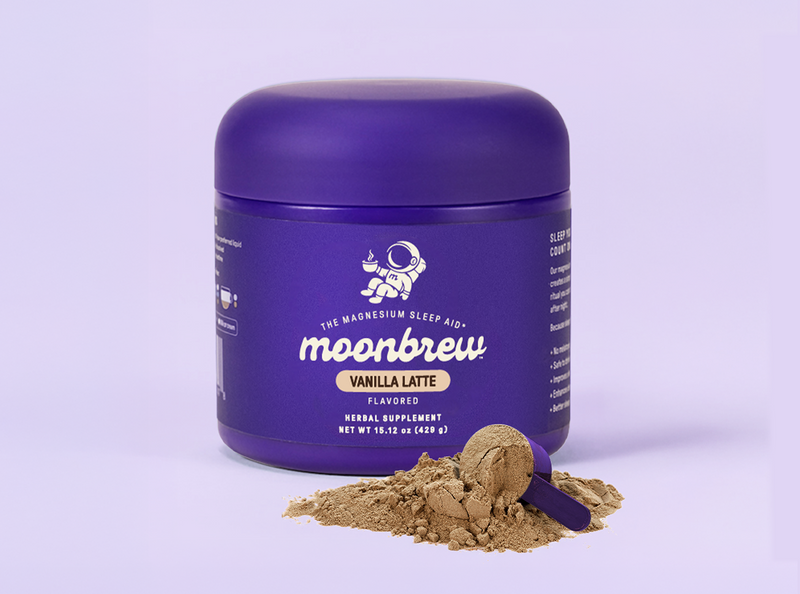You’re tired, the house is quiet, and you know it’s time to get some sleep. But there’s something preventing you from getting the rest you need — your mind. You keep processing thoughts from today, tomorrow, last year, and next year that interfere with your ability to drift off to dreamland.
Fortunately, there’s one technique that can help put your mind at rest. It’s called cognitive shuffling. It involves creating words and images that mimic the state of drifting to sleep, all to minimize sleep anxiety and worrying thoughts.
Here’s how cognitive shuffling can help you get the restful sleep you deserve.
What Is Cognitive Shuffling?
Cognitive shuffling is a technique developed by Dr. Luc Beaudoin at Simon Fraser University almost two decades ago. He developed the treatment specifically to fix his insomnia. To the surprise of the entire medical community, it not only worked for Dr. Beaudoin, but also his patients.
His study involved 150 students split into three groups. One group was asked to practice cognitive shuffling, the second to jot down worrying ideas before they went to bed, and the third to perform both tasks.
Both groups that performed cognitive shuffling found it extremely easier to sleep, even after spending minutes writing down anxiety-inducing thoughts.
Here’s what’s involved.
- Think of a word like ‘sleep’.
- Come up with other words that start with ‘S’ and visualize them in your mind.
- Once you are out of ‘S’ words, move on to the following letter ‘L’ and so on, until you fall asleep.
- If stressful thoughts rear their ugly head, acknowledge them but go back to focusing on your cognitive shuffling.
- Breathing in when you come up with a word and breathing out when you visualize a word can make the process even more effective.
Why Cognitive Shuffling Works
Cognitive shuffling does more than take your mind off stressful thoughts. There’s a science behind it.
When you fall asleep, your mind focuses on distant thoughts and vivid images. Cognitive shuffling allows your brain to mimic this effect, helping you fall asleep. Your thoughts don’t form a clear storyline, so you don’t fixate on anxiety-producing thought processes.
Various Types of Cognitive Shuffling
Cognitive shuffling follows the pattern of going through a word letter by letter, but you can explore variations that have a similar effect, such as:
- Serial Diverse Imagining (SDI): This method requires visualizing unrelated images and scenarios.
- Alphabet Method: Rather than going through specific words, go through the letters of the alphabet.
- Category Method: Think of words within a category, like different types of animals.
Any technique that helps you focus on disconnected words and images can be effective.
Tips to Maximize the Benefits of Cognitive Shuffling
Cognitive shuffling will be more effective if you combine it with other sleep-supporting techniques, including the following:
- Follow a Sleep Routine: Going to sleep and waking up at the same time each day prepares your body for sleep and ensures you wake up well-rested.
- Create a Comfortable Environment in Your Bedroom: A sleep-promoting environment includes a comfortable mattress, soft sheets, blackout curtains to block light, and a white noise machine to reduce wakeful noises. You should also set your thermostat to around 65 degrees Fahrenheit to promote better sleep.
- Engage in Sleep-Promoting Activities Before Bed: Before bedtime, engage in a relaxing activity, like reading or meditating, so you fall asleep quickly.
- Avoid Devices: Devices emit blue light that can interfere with melatonin production. They also increase the likelihood that you will encounter a stress-producing email or social media text. Shut down devices at least an hour before bedtime to maintain relaxation.
- Try a Natural Supplement: Several all-natural supplements can help you fall asleep faster. Melatonin is a popular choice, but researchers are uncertain of its long-term effects. MoonBrew combines the power of chamomile, adaptogens, magnesium, and other all-natural ingredients to ensure you fall asleep safely, without side effects.
Cognitive Shuffling vs. Other Sleep Methods
Cognitive shuffling may be relatively new, but it is similar to other mental techniques that promote sleep. So, how does it compare? This section will explore how it measures up.
- Counting Sheep vs. Cognitive Shuffling: Counting sheep is similar to cognitive shuffling as both promote disjointed thoughts that encourage relaxation. However, cognitive shuffling is more engaging and less monotonous. It is more effective in disrupting logical thinking, which can make it difficult to fall asleep.
- PMR vs. Cognitive Shuffling: Progressive muscle relaxation (PMR) involves focusing on each part of the body and willing it to relax until you achieve restful sleep. Both techniques can take your mind off stressful thoughts, but PMR is physical, while cognitive shuffling is mental. Cognitive shuffling may be best for people with neurodivergence, who struggle with visualization and racing minds. Beyond that, you may try either approach to determine which is best suited to your needs.
- Meditation vs. Cognitive Shuffling: Meditation and cognitive shuffling are both activities that promote relaxation, but they work in different ways. Meditation focuses on thoughts and feelings without judgment, while cognitive shuffling disrupts stressful thought processes. Some people find it challenging to achieve a meditation state as it requires more mental discipline, possibly making cognitive shuffling a better option. However, either can be effective.
Final Thoughts: Try It Tonight with MoonBrew
Cognitive shuffling may not be effective for everyone, but it is a no-risk option. It is completely free and won’t produce negative side effects. You have nothing to lose when trying it.
You will see greater chances of success when combining it with a cup of MoonBrew tea or hot chocolate before bed. The sleep-time elixir will help you calm down while cognitive shuffling distracts your mind from stressful thoughts. Find out how this powerful duo can help you reach your wellness goals.
Browse the MoonBrew website to learn more about our all-natural sleep products.




